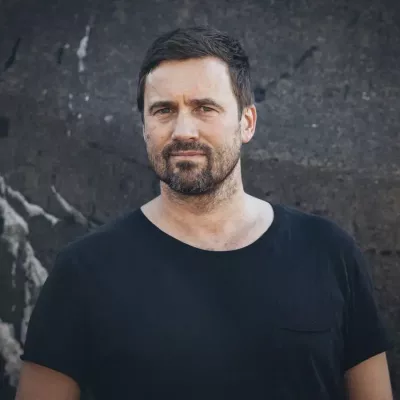Better Live project seeks to develop and pilot ways to decarbonise the live music industry, focusing more specifically on the smaller and independent actors, such as venues and festivals, promoters and touring artists.
The project seeks to create new knowledge through two processes: experimentation with co-programmed tours and research about the opportunities and challenges of applying the Better Live approach more broadly.
There have been many studies on the carbon footprint of music industries, especially with regards to live events and touring; also, various approaches have been proposed, tested and reported, including guidelines and calculators for practitioners.
On the other hand, other studies and reports have made high-level conclusions and recommendations about what kind of events are (not) green and could (not) be made to be more environmentally sustainable.
The current project will formulate its own set of practice and policy recommendations with regards to environmentally good practices.

